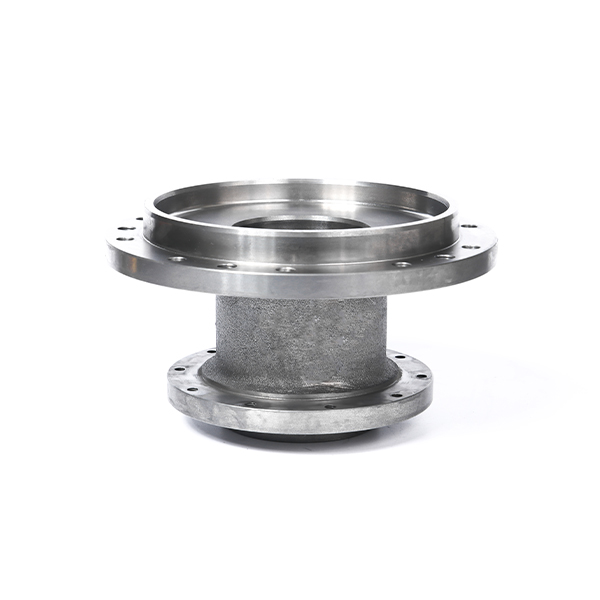Mobile:+86-311-808-126-83
Email:info@ydcastings.com
Custom Metal Molds Designed for Your Specific Production Needs and Applications
Custom Molds for Metal Elevating Precision and Efficiency in Manufacturing
In the world of manufacturing, especially when dealing with metal products, the importance of custom molds cannot be overstated. Custom molds play a vital role in shaping and forming metals into the desired specifications, ensuring precision, durability, and efficiency. This article delves into the various aspects of custom molds for metal, including their significance, types, manufacturing processes, and applications in different industries.
Understanding Custom Molds
Custom molds are specifically designed tools used in manufacturing processes like injection molding, die casting, and stamping. Unlike standard molds, which are mass-produced and may not meet specific needs, custom molds are tailored to fit particular designs and requirements. This customization allows manufacturers to produce intricate shapes, improve the quality of the final product, and minimize material wastage.
The Significance of Custom Molds
The use of custom molds in metalworking has several significant advantages. Firstly, they enhance precision. In industries where tolerances are critical, such as aerospace and medical device manufacturing, custom molds enable the production of components that meet exact specifications. This reduces the likelihood of defects and ensures a higher level of product consistency.
Secondly, custom molds can improve production efficiency. By designing molds that streamline the manufacturing process, companies can reduce cycle times and lower operational costs. This efficiency not only enhances productivity but also allows manufacturers to respond quickly to market demands.
Lastly, custom molds foster innovation. With the ability to create unique shapes and features, designers can explore new product ideas and pioneering technologies, setting their brands apart from competitors.
Types of Custom Molds for Metal
There are several types of custom molds utilized in metalworking
1. Injection Molds Used primarily for plastics, injection molds can also be adapted for certain metal alloys. They involve injecting molten metal into a pre-designed cavity to create complex shapes.
2. Die Casting Molds These molds are specifically designed for high-pressure casting of metals. Die casting enhances surface finish and increases the overall strength of the product.
3. Stamping Dies Used for flat metal sheets, stamping dies can cut or shape metal into required forms. They are widely used in the automotive and appliance industries.
custom molds for metal

Manufacturing Process of Custom Molds
The manufacturing process of custom molds typically involves several key steps
1. Design Using CAD (Computer-Aided Design) software, designers create a detailed model of the mold based on customer requirements.
2. Prototyping A prototype of the mold is often created to ensure that the design meets specifications before full production begins.
3. Machining The mold components are crafted from high-quality materials, often steel or aluminum, to withstand the pressures of metalworking processes.
4. Testing Once assembled, molds undergo rigorous testing to ensure they function correctly and produce parts as intended.
5. Production After successful testing, molds are used in production for manufacturing various metal parts and components.
Applications of Custom Molds
Custom molds for metal are integral in numerous industries
- Automotive Car manufacturers rely on custom molds for components like engine parts, body panels, and brackets. - Aerospace Precision-engineered molds are vital for creating lightweight, durable components used in aircraft and spacecraft. - Electronics In the electronics sector, custom molds help produce intricate housings and components that require high precision. - Medical Devices Custom molds are essential for the production of surgical instruments and medical implants, where accuracy is paramount.
Conclusion
In conclusion, custom molds for metal significantly enhance the manufacturing process, providing advantages such as increased precision, improved efficiency, and the potential for innovation. As industries continue to evolve and demand higher-quality products, the role of custom molds will become even more crucial, leading to advancements that streamline production and elevate the standards of metalworking.
-
Understanding Metal Casting TechniquesNewsApr.02,2025
-
Understanding Exhaust Manifolds for Enhanced Engine PerformanceNewsApr.02,2025
-
The World of Metal FabricationNewsApr.02,2025
-
Key Components for Pump and Turbo EfficiencyNewsApr.02,2025
-
Essential Tools for Automotive Maintenance and RepairNewsApr.02,2025
-
Durable Valve Components for Effective Water ManagementNewsApr.02,2025











